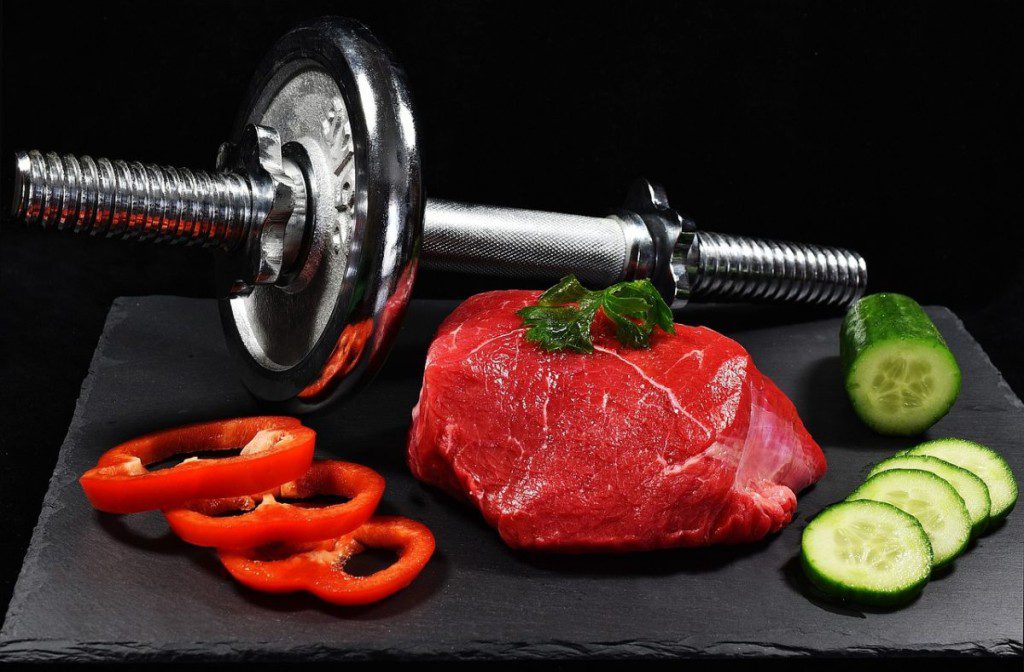Starting a weight loss journey can feel like setting sail on uncharted waters. There’s excitement for the journey ahead, mixed with a bit of uncertainty about the challenges that lie in wait. Like any adventure, the path to achieving a healthier weight is filled with potential obstacles that can either make or break your resolve. But fear not, navigating these waters successfully is entirely possible with the right knowledge and tools at your disposal.
This guide aims to highlight common pitfalls many encounter on their weight loss journey, helping you steer clear of them. From understanding the role of hydration and setting realistic goals to recognizing the importance of mental health and the pitfalls of fad diets, we provide the insights you need to keep your journey on track.
Let’s embark on this journey together, equipped with the knowledge to avoid common mistakes and the determination to reach our goals.
Misunderstanding Supplements’ Role
When trying to lose weight, it’s easy to get drawn to shortcuts, and supplements seem to offer a quick fix. Peptides, such as CJC-1295, have become popular for their claimed benefits, like helping with fat loss and boosting muscle growth. These peptides boost growth hormone levels in the body, which can help speed up your metabolism.
The effectiveness of such supplements greatly depends on integrating them into a lifestyle that includes a balanced diet and regular exercise. Relying solely on supplements without addressing dietary and activity habits is a common pitfall. Supplements should complement, not replace, traditional weight loss strategies. However, you must also be aware of the CJC-1295 side effects before incorporating it into your routine. Like any supplement, especially those affecting hormone levels, it can have potential side effects. These may include headaches, dizziness, and changes in appetite.
Neglecting Nutritional Balance
A balanced diet is the cornerstone of any successful weight loss plan. Some individuals make the mistake of eliminating entire food groups or severely restricting calories, hoping for quicker results. This approach is unsustainable and can harm your health by depriving your body of essential nutrients. Consuming various foods from all food groups is vital, focusing on whole grains, lean proteins, healthy fats, and plenty of fruits and vegetables. Nutritional balance supports your body’s needs, helps maintain muscle mass during weight loss, and promotes overall well-being.
Skipping Strength Training
While cardio exercises are often the go-to for weight loss, neglecting strength training is a mistake. Strength training builds muscle, which burns more calories at rest than fat. This means that increasing your muscle mass boosts your metabolism, which can help accelerate weight loss. Additionally, strength training provides the added benefits of improving strength, posture, and bone density. Incorporating strength training into your routine at least two days a week can significantly enhance your weight loss journey and help you achieve a toned physique.
Underestimating the Impact of Stress
Stress can be a significant barrier to weight loss. High-stress levels trigger the release of cortisol, a hormone that can promote fat storage, particularly in the abdominal area. Stress can also lead to emotional eating to seek comfort or distraction, leading to excess calorie intake. Managing stress through techniques such as mindfulness, meditation, yoga, or regular physical activity can mitigate its impact on your weight loss goals. Recognizing when you’re stressed and finding healthy ways to cope is crucial in preventing stress from derailing your efforts.
Ignoring Hydration
Hydration is a critical yet often overlooked element of weight loss. Water plays a pivotal role in almost every bodily function, including metabolism and the ability to burn fat. Moreover, people often mistake thirst for hunger, leading to unnecessary snacking. Drinking adequate water can help control appetite, improve your metabolism, and aid in the breakdown of fat. Aim for at least eight glasses of water daily, or more if you are active or live in a hot climate. Keeping hydrated supports your weight loss efforts and enhances overall health.
Setting Unrealistic Goals
One of the biggest setbacks in a weight loss journey is setting too ambitious or unclear goals. Unrealistic goals can lead to frustration, disappointment, and the eventual abandonment of weight loss efforts. Setting achievable, specific, and time-bound goals that motivate you without setting you up for failure is important. Celebrate small victories along the way to keep motivation high.
Falling for Fad Diets and Quick Fixes
Fad diets may promise rapid weight loss, but they are typically unsustainable and can be harmful to your health. These diets often restrict essential nutrients, leading to long-term health issues and eventual weight regain. Sustainable weight loss is achieved through balanced eating habits and lifestyle changes you can maintain over time. Avoid the temptation of quick fixes and focus on building healthy habits that last.
Neglecting Mental Health
Mental health is deeply intertwined with physical health, yet its importance in weight loss is frequently ignored. Stress, anxiety, and depression can significantly impact eating habits and motivation to exercise. Neglecting mental health can sabotage weight loss efforts and lead to a cycle of emotional eating and weight gain. It’s crucial to address mental health challenges by seeking support from friends, family, or professionals. Practices such as mindfulness, meditation, and self-care can also play a vital role in maintaining mental well-being.
Conclusion
The journey to weight loss is fraught with challenges, but understanding and avoiding common pitfalls can significantly enhance your chances of success. From staying hydrated and setting realistic goals to avoiding fad diets and taking care of your mental health, each aspect plays a crucial role in achieving sustainable weight loss. Remember to track your progress and celebrate your successes, no matter how small they may seem. You can overcome obstacles and reach your weight loss goals with patience, persistence, and a positive attitude.





